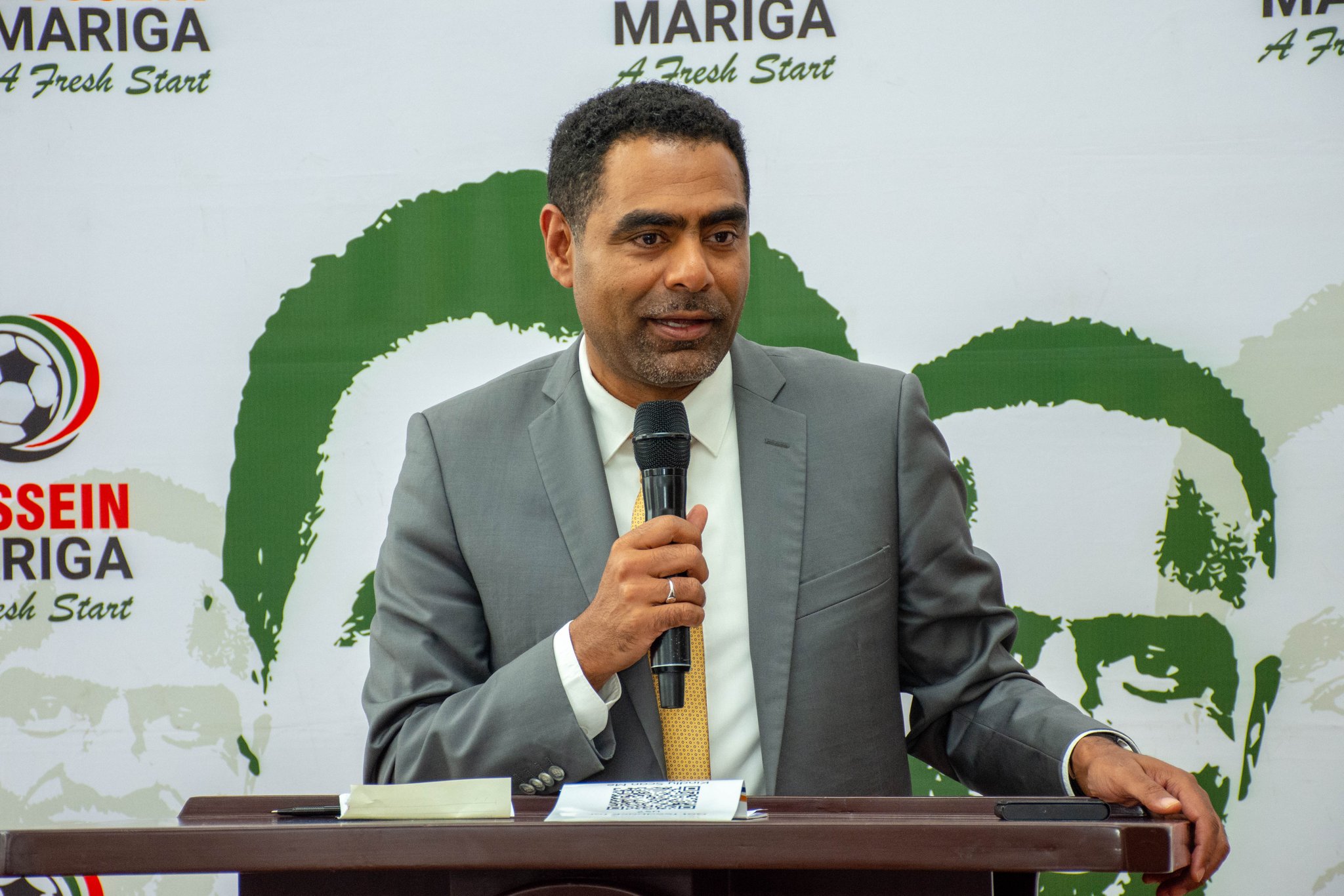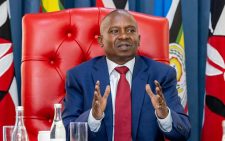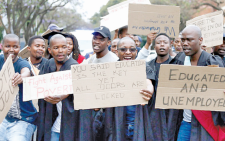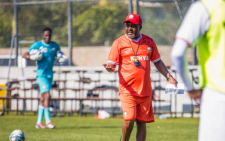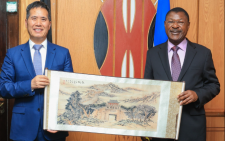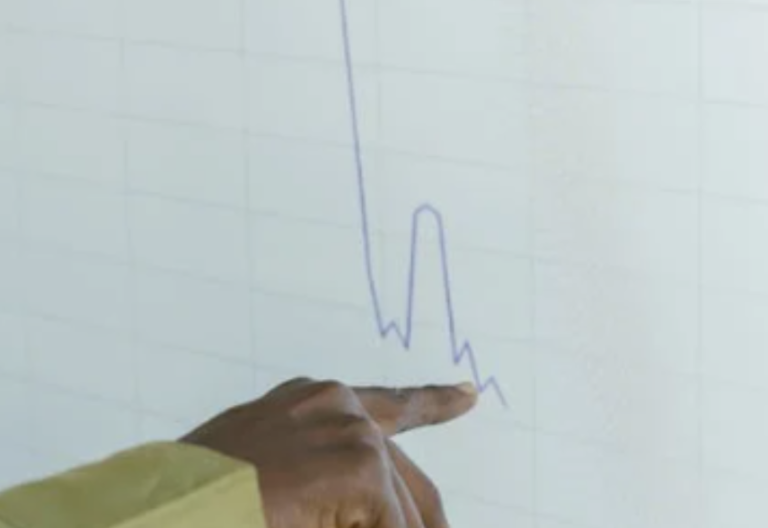Update journalism training curriculum urgently
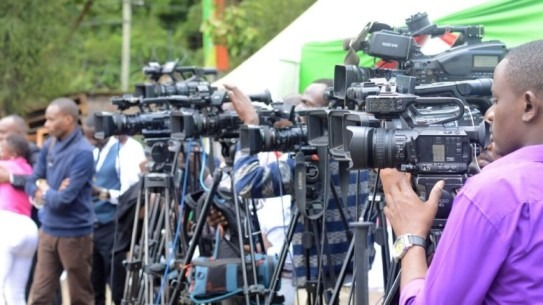
Journalists in Kenya are the most trained set of professionals. The question, however, is whether the training most journalists receive is sufficiently directed to facilitate their function in the sector or whether much of the training is only self-serving.
Within the East African region, different countries have different training regimes for media and communication professionals. In some, for example, Djibouti, there is hardly a tradition to go with, while at the other end is Kenya with a rich tradition of training.
Training for media personnel range from certificate to doctoral level. Those taking doctoral programmes in communication and media are not necessarily preparing to work as journalists but are most likely preparing to work in different forms in the sector – possibly as consultants and trainers.
But beneath this high level are graduate programmes, undergraduate programmes that last an average of four years, and two years of study leading to the award of diploma and certificate programmes.Then there are non-traditional education institutions that are equally involved in training journalists. Most of these are driven by self-interest. If they come from the financial sector, they would promote financial journalism, health journalism, or security for journalists, as the case may be. It would be critically important for people involved in communication and the media to be trained in law. The importance of such training cannot be gainsaid. The media has many roles, but we can confine ourselves to just a few: inform, educate, interpret events and surveillance.Before journalists can inform, they need to be in a position of being informed to start with. The knowledge of the law would enable journalists to inform the public on the subject. Secondly, it would enable them to avoid the pitfalls of ignorance in covering the subject matter.
Thirdly it will equip them with the field knowledge to understand the field and how the field affects other areas of journalistic practice. Legal reporting, for example, is prone to inhouse language that journalists must master failure of which they would have difficulty following the proceedings in court.
Unfortunately, little training is being offered to journalists that would equip them to understand the legal terrain. Where there is training, there are still serious challenges. The challenges relate to the curriculum design, which is still influenced by western orientation.In many universities, students study First Amendment and other American laws. The reason is simple – the textbooks they use are still drawn from the US, are donated by Americans, and there is little reflection of the Kenyan landscape and experience.
Since the law that a journalist and a communication professional need to function is not essentially technical, instructors do not necessarily need to be lawyers. But at least they must have studied the field and media world enough to help their students.
Since the 2010 constitution came into place, a range of laws from the constitution to administrative policies and guidelines in the sector form a body of knowledge that journalists and communication workers need to be familiar with.There are various articles of the Constitution: the Media Act, KICA, the laws that regulate the film sector, copyright laws, laws regulating other forms of speech, computer and cybercrimes Act, among others, that should form the knowledge base of a communication professional.
Training institutions’ curricula need to be updated to reflect these new realities. There is a challenge that no texts exist that teachers and students can refer to as such works have not been put together. That is the challenge for academics in the field. Part of the reason why journalists need to understand the treacherous media paths is to safeguard giving the enemies of free speech the opportunity to use legal and extra-legal tools to control the media. Ignorance could lead to a media house being sued and judges preferring extreme penalties that only serve to cripple the sector. Knowledge could be the journalist’s tool for survival.
— The writer is the Dean, School of Communication, Daystar University
